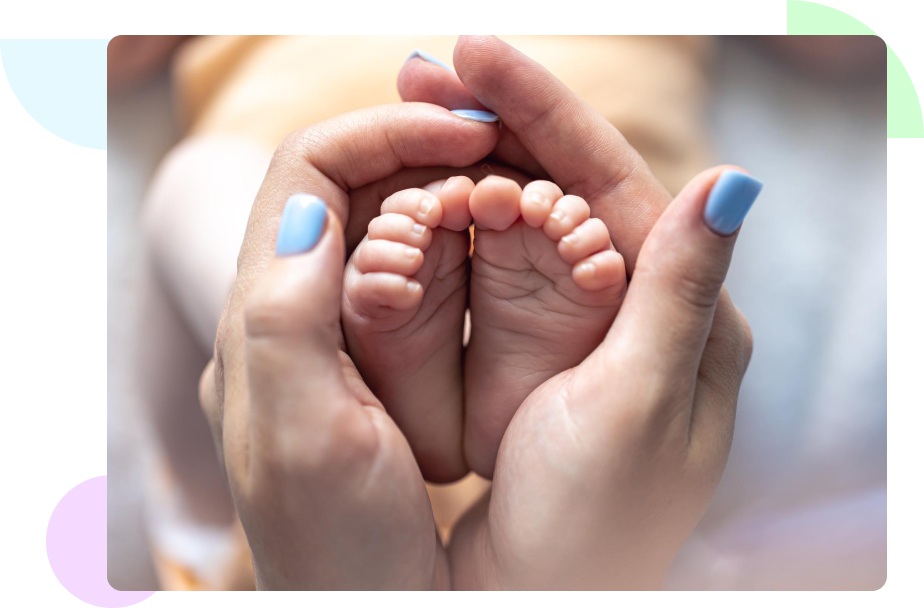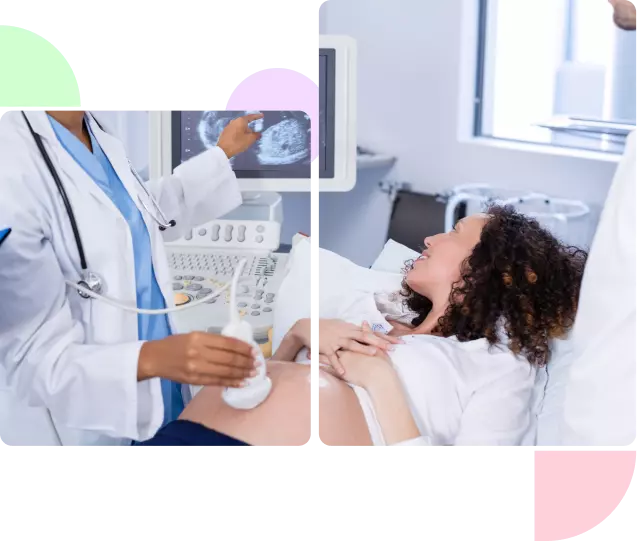
IVF stands for In Vitro Fertilization. In vitro fertilization, or IVF, is a reproductive procedure in which sperm and eggs are joined in a controlled environment.
One kind of assisted reproductive technology is in vitro fertilization (IVF) (ART). It involves removing eggs from a woman's ovaries and using sperm to fertilize them. We refer to this fertilized egg as an embryo.
Choose the best IVF center in Bangalore, Sai Speciality Center, to start your journey to parenthood.
To encourage the ovaries to create many eggs instead of the single egg that typically
develops each month, your doctor may give injectable hormones or other drugs. By doing
this, the chance that there will be at least one healthy embryo for use in the IVF
process is increased.
During this phase, the patient will receive regular blood tests to measure hormone levels and transvaginal ultrasounds to inspect the ovaries.
We can proceed with the egg retrieval procedure after we have determined, by ultrasound,
that your follicles are of sufficient size.
About 36 hours after the last "trigger shot" to develop the eggs, egg extraction is
usually done as a clinic-based procedure at the clinic. It is vital to retrieve the eggs
at the right time because if you wait more than 36 hours, you run the danger of
ovulation and losing part or all of the eggs.
Guided by ultrasound images, the healthcare provider inserts a thin needle through the
vagina into the ovary and the sacs (follicles) containing the eggs. The needle is used
as a suction device that helps to extract the eggs and fluid from each follicle, one by
one.
The male partner's sperm is extracted that same day. We have the best IVF doctors to perform each procedure.
The finest-quality eggs are paired with a man's sperm. Insemination is the process of
combining the sperm and egg.
After that, sperm and eggs are kept in a controlled environment. Usually, a few hours after insemination, the sperm enters and fertilizes an egg.
Then, in a lab, the egg and sperm are joined using several fertilization techniques,
such as intracytoplasmic sperm injection (ICSI).
When the fertilized egg splits, it develops into an embryo. Lab staff routinely check the embryo to ensure normal growth. A typical embryo has many cells that are actively dividing in roughly five days.
On average, 50% of fertilized embryos reach the blastocyst stage. It is considered to be
the right time to transfer to the uterus.
To be used for future embryo transfers, all viable embryos will be stored on the fifth
or sixth day after fertilization.
In 3 to 5 days after egg harvest and fertilization, embryos are inserted into the
patient's womb. During the embryo transfer procedure, your doctor will use ultrasound
guidance to introduce a soft, flexible tube called a catheter through your cervix and
into your uterus.
After that, your uterus will be gently injected with the embryos (or embryos). Your
doctor will do a blood test less than two weeks following the embryo transfer procedure
to check for pregnancy. If it comes out positive, the test will be repeated in two days.
Remember that you might get pregnant the first time, but you might not. It's best to see
your IVF experience less as a single medical procedure and more as a possible multiple
embryo transfer for each egg retrieval.
IVF is chosen by people for a variety of reasons, such as infertility problems or a partner's pre-existing medical condition. Sai Speciality Center is recognized as one of the best IVF clinics in Bangalore for its comprehensive fertility assessments and dedicated women's healthcare services. Some persons who are older or who have failed different reproductive treatments may consider in vitro fertilization (IVF). There are several reasons why you could choose IVF, such as if you or your partner have:


Following the embryo transfer at the Best IVF Clinic in Bangalore, the woman could be instructed to spend the rest of the day at rest. Total bed rest is not required; the majority of women resume their regular activities the next day.
For the first eight to ten weeks following the embryo transfer, you can also be given daily injections or tablets containing the hormone progesterone. The embryo has a greater chance of surviving in your uterus because of the hormones.
The patient will return to the clinic 12 to 14 days following the embryo transfer so that a pregnancy test may be performed.
